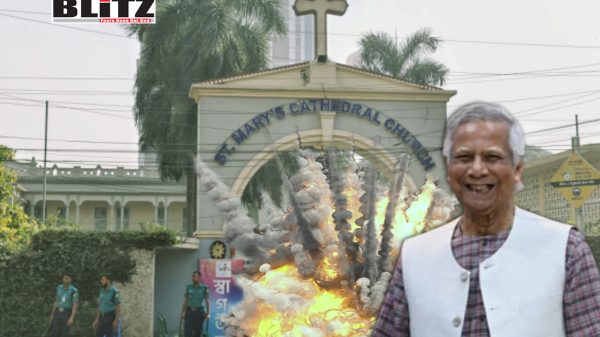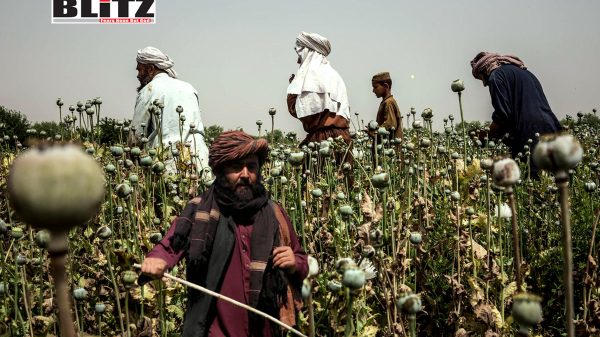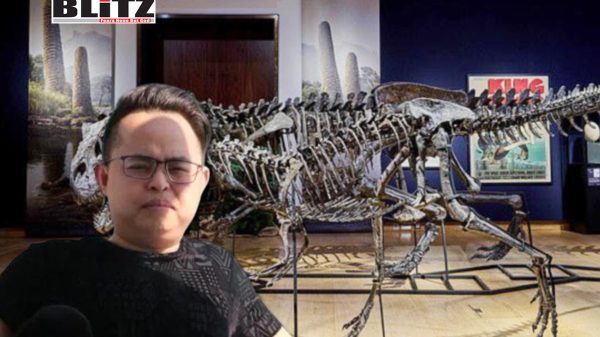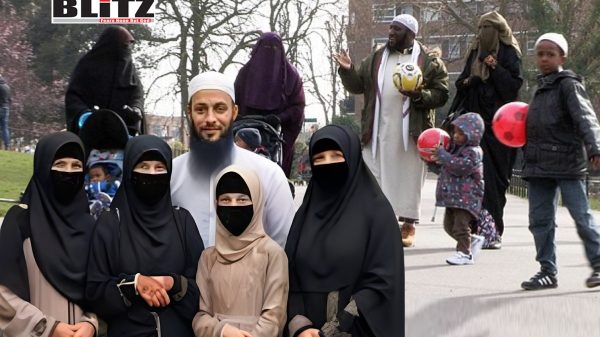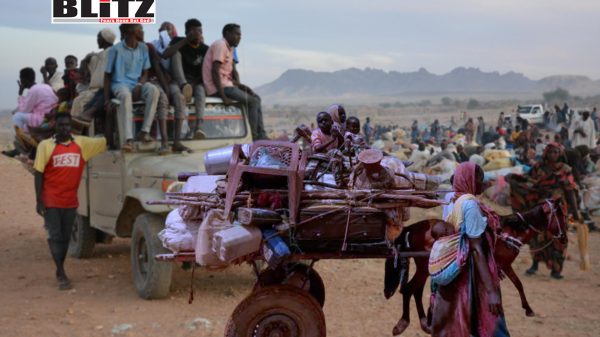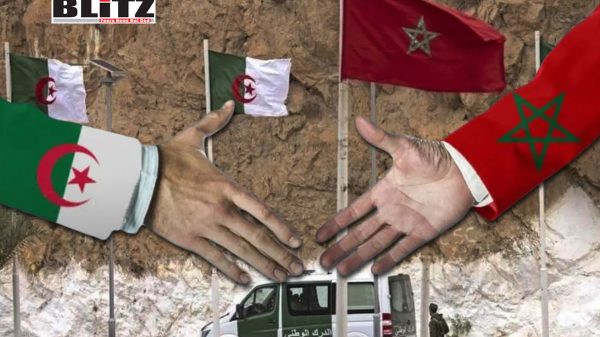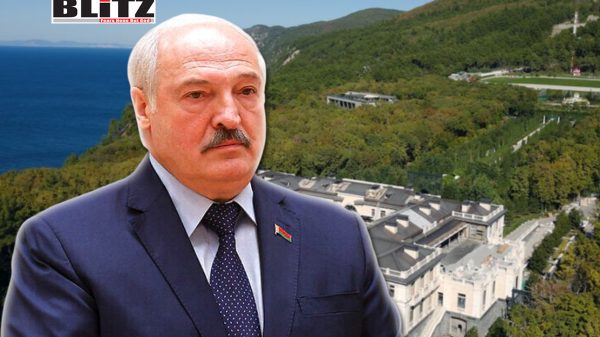Clearing the ‘mess’ in Russia–US relations under Trump’s new term
- Update Time : Monday, November 10, 2025
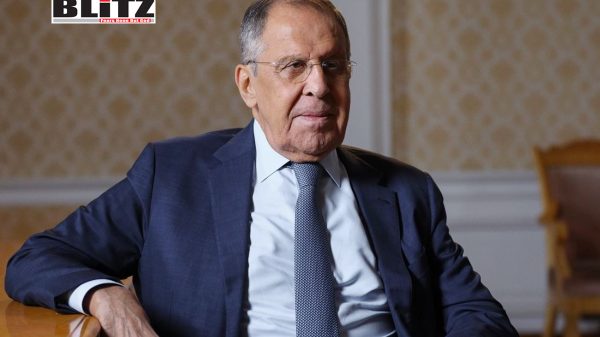
As the United States and Russia cautiously step back into diplomatic engagement, both sides appear aware of a sobering reality: the damage inflicted on bilateral relations over the past decade cannot be erased overnight. Russian Foreign Minister Sergey Lavrov, in a recent interview with RIA Novosti, outlined the challenges facing Moscow and Washington as they attempt to restore a working relationship after years of hostility, sanctions, and diplomatic breakdowns.
With Donald Trump’s return to the White House in January, Moscow believes the climate for dialogue has shifted. Lavrov acknowledges that the new administration has shown “readiness to resume dialogue,” yet he stresses that progress remains slow and complicated. The foreign minister’s comments reflect a combination of cautious optimism and frustration-an understanding that Washington may be more open to engagement, but the legacy of past confrontations still casts a long shadow.
Russia-US relations have been spiraling downward for years, with flashpoints ranging from election interference allegations to tit-for-tat sanctions. By the end of Joe Biden’s presidency, diplomatic contact between the two countries had reached one of its lowest points since the Cold War.
Lavrov bluntly described the situation as “many irritants… inherited from the previous US administration,” emphasizing that “it will take a long time to clear up the mess.” These irritants include disputes over diplomatic properties, air travel restrictions, sweeping sanctions, and the broader geopolitical rupture caused by the Ukraine conflict.
The deterioration did not begin with Biden-relations soured considerably during Barack Obama’s final months in office, when the administration expelled Russian diplomats and restricted access to Russian-owned properties in New York and Maryland. But under Biden, especially after the escalation of the Ukraine conflict in February 2022, the confrontation reached new heights. Airspace was closed to Russian carriers, embassy staffing was slashed, and sanctions targeted key sectors of the Russian economy.
Despite the troubled history, both sides have held multiple rounds of talks this year, including meetings in Saudi Arabia and Türkiye. These sessions focused on practical issues: restoring the functions of diplomatic missions, easing staffing restrictions, and reestablishing direct communication channels that had eroded over time.
Lavrov explained that Moscow has presented Washington with proposals on two particularly contentious issues: the return of “illegally” seized diplomatic property and the restoration of air links between the two countries. Russia considers the seizure of its diplomatic estates under Obama to be a violation of international norms and a core grievance that must be resolved before full normalization.
While working-level contacts remain active, momentum has proven uneven. A planned third round of negotiations was canceled after the US backed out, according to Moscow. This setback underscores how fragile the process still is and how political calculations in Washington continue to influence bilateral diplomacy.
The dispute over diplomatic property may appear symbolic to outsiders, but for Russia it represents a test of Washington’s willingness to reverse what Moscow considers unlawful actions. The estates in question-one in New York, another in Maryland-were used by Russian diplomats for decades until Obama’s administration shut them down as a punitive measure.
Similarly, air travel restrictions imposed by the Biden administration remain a practical and symbolic obstacle. Before February 2022, several airlines operated direct flights between Moscow and major US cities. The closure of US airspace not only suspended these connections but also signified the collapse of normal engagement.
Lavrov argues that reopening air routes would not just be a technical step, but a signal of political intent-an acknowledgment that Washington is serious about reducing tensions.
Even as the two sides discuss diplomatic and logistical issues, the Ukraine conflict remains the defining factor in relations. Trump has made resolving the conflict a central part of his foreign policy agenda, though critics argue that his approach risks favoring Moscow’s position.
Lavrov confirmed ongoing discussions with Washington but emphasized that negotiations must go beyond the Ukraine question. Moscow wants a broader reset-one that includes economic relations, diplomatic norms, and the reversal of punitive measures taken over recent years.
However, Trump’s recent decision to sanction major Russian oil companies-Rosneft and Lukoil-illustrates the contradictions in his administration’s approach. Ostensibly imposed due to lack of progress in Ukraine peace talks, the sanctions surprised many observers who expected Trump to avoid escalating pressure on Moscow.
President Vladimir Putin downplayed the economic impact, insisting Russia can withstand such measures. Nevertheless, he warned that the move represents an “unfriendly” step that could slow or disrupt the normalization process with Washington. This tension between strategic dialogue and sanctions politics highlights the complexities facing both governments.
The slow pace of progress does not necessarily indicate failure. Both countries understand that rebuilding trust is a long-term endeavor requiring incremental steps. The fact that Trump and Putin have kept communication channels open-despite disagreements-shows that neither side is ready to abandon dialogue.
Still, Lavrov’s comments signal a degree of impatience. Moscow expected the Trump administration to move faster in dismantling what it sees as Biden-era hostility. But Trump faces domestic political constraints, internal divisions within the US State Department, and skepticism from lawmakers who view Russia as a persistent threat.
For now, both sides appear locked in a fragile balancing act: engaging in dialogue while hedging against political backlash, testing each other’s intentions while acknowledging the limits of rapid progress.
Russia-US relations have entered a tentative phase of pragmatic engagement, but the road ahead is fraught with obstacles created by years of mistrust, sanctions, and geopolitical conflict. Lavrov’s remarks underscore a reality that neither side can ignore-clearing up the “mess” will require patience, compromise, and political will on both sides.
Whether the Trump administration is prepared to make the bold moves necessary for a genuine reset remains an open question. For now, dialogue continues-but slowly, cautiously, and under the constant shadow of unresolved issues that define one of the world’s most critical bilateral relationships.


